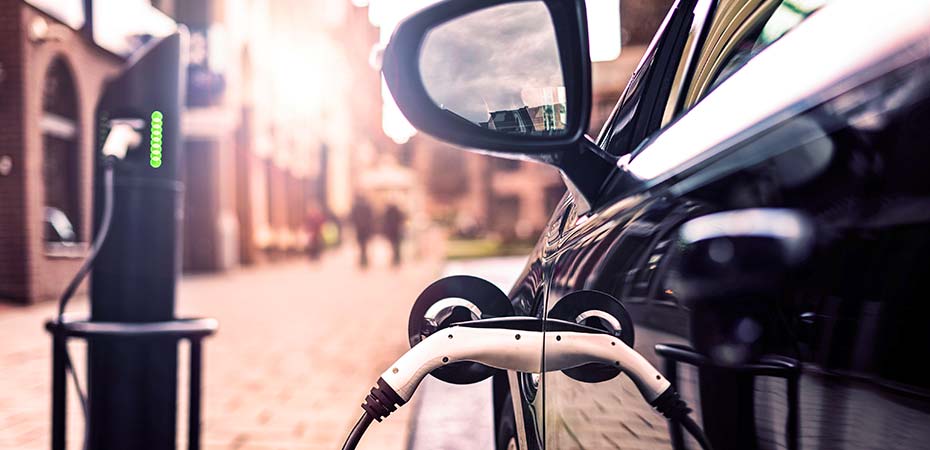As the adoption of electric vehicles (EVs) gains more pace, we are likely to see changes in the way that we interact with transport and the world around us.
In a recent report, the Electric Vehicles Charging Infrastructure Procurement Framework is awarding contracts to manufacturers to install 1,150 charging points across London boroughs by the end of 2020. The framework is funded by the Office for Low Emission Vehicles and hosted by Transport for London (TfL), the Greater London Authority and London Councils. £3.7 million is being provided to improve the availability of EV charging points across Greater London.
Some of these charging points will be made available as a shared power supply in the form of items such as lamp posts to aid households that do not have access to off-street parking. Users will be given the facility to pay for charging via apps or web pages on their smartphones.
While EVs are a more environmentally friendly alternative to the traditional car, they also have the potential to have indirect effects on day-to-day life. Some of the potential effects are set out below.
Public Charging
As seen in the case of London’s investment in shared power supply charging points, we are likely to experience more charging facilities in public areas. Petrol and service stations will need to adapt to the changes that EVs will bring, possibly replacing fuelling areas with charging points.
As charging is not as fast a process as acquiring petrol or diesel, there is a case for charging points to be installed in spaces with more “dwell time”. For example, supermarkets are a possible candidate for this as you would let your car charge while you shop instead of having to wait around for the car to charge.
Home Charging
Our homes are also likely to see change from EVs with the installation of charging points. While some EVs can be charged using a three pin plug socket, home charging points are often recommended as they charge more quickly, are weatherproof and suitable for outdoor use.
Incentives
It was recently reported that the City of London Corporation will introduce new charges for on-street parking. The new initiative will target less environmentally friendly vehicles with higher parking charges and reward greener alternatives, like EVs, with lower fees.
By introducing schemes that will reward owners of EVs, the City of London Corporation hopes to encourage drivers to be more environmentally conscious with their choice of vehicle. We are likely to see similar schemes begin to be rolled out across the country, with users of cars with high emissions being penalised.
Pollution
The UK government has set out a plan to phase out the sale of new petrol and diesel vehicles with internal combustion engines by 2040. While EVs are considered environmentally friendly due to their reduction in carbon emissions, there are other kinds of pollution that could be dramatically reduced when the ban is implemented.
EVs are known for making very little noise and because of this we are likely to experience roads very differently when the majority of cars are electrified. Not only will built-up areas be quieter places to live, but also a lot cooler as EVs produce less heat.
Energy Sector
According to the European Environment Agency, adoption of EVs will require additional electricity generation in the EU, stating that Europe’s total electricity consumption from EVs will increase from approximately 0.03% in 2014 to around 4-5% by 2030 and 9.5% by 2050.
Due to this demand for additional electricity, the energy sector will experience indirect change by needing to consider how much power will be needed, how it will be generated and how charging peaks are managed.
The impact of electric vehicles
EVs are set to change how we travel. In addition to the environmental benefits, they are likely to have an effect on the world around us and how we interact with it on a day-to-day basis. Change will need to be implemented to support the full adoption of EVs nationwide.
Our Insights and Resources delve deeper into what is needed to prepare our cities and infrastructure for EVs, as well as connected and autonomous vehicles. We will update you regularly with information from our legal experts working in the automotive sector, as well as other industries and services you may be interested in.
Sign up for automotive updates
About the author(s)
Gowling WLG is an international law firm operating across an array of different sectors and services. Our LoupedIn blog aims to give readers industry insight, technical knowledge and thoughtful observations on the legal landscape and beyond.

